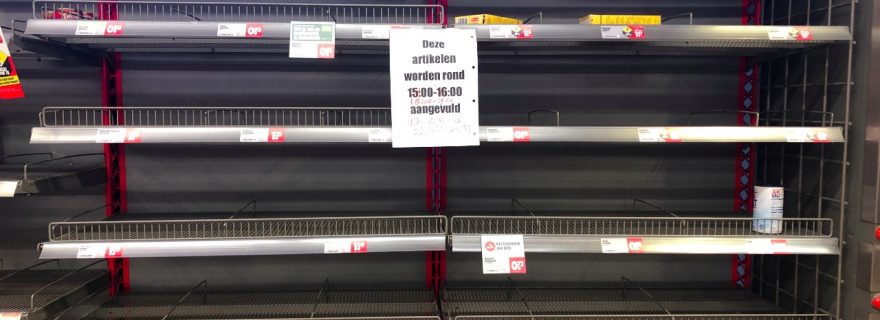Responsibility in Pandemic Times and beyond: Otherness and Subalternity
The recent outbreak of the Covid-19 pandemic forces us to reflect on our shared responsibility to curb the spread of the virus. Irene Moretti wonders what this health crisis might teach us about notions of the Other in everyday life.
Covid-19: the first pandemic in a free and globalised Europe
The spread of the H1N1 influenza virus, commonly known as ‘the swine flu’, grasped worldwide attention when it was classified as a pandemic in July 2009. On that occasion, the WHO was criticized for exaggerated alarmism, while the flu hardly reached Europe. A great part of the old continent has been considered a safe and relatively healthy place to live for the past seventy-five years or so. The last recorded flu pandemic in Europe, which is broadly known as the Spanish flu, dates back to 1918 when Europe wasn’t yet the political and economic union of states we are accustomed to today. Sociality and everyday life were drastically different than they are now: free mobility within Europe was far from possible, the Internet hadn’t been invented yet, and social interactions were mostly confined to the realm of extended families and co-workers.
News reporters, social media, and probably our circles of friends and relatives too, keep discussing how nation-states within Europe respond differently to the Covid-19 pandemic. Some consider the measures adopted by countries like Italy, Spain, and France an overreaction, pointing to the limitations of individual freedom they are imposing and to the economic damages these communities will suffer in the short and, mostly, long-term. Others criticize the position adopted by the UK and the Netherlands, accusing them of favouring the economic well-being of the state at the high price of thousands of human lives by trying to achieve a debatable ‘herd immunity’. In the shadow of these discussions, we may find an issue of much larger ethical import: the ways in which we are all part of communities beyond the nation-state. In other words, what does this health crisis teach us about our individual responsibility and positioning towards the Other in a time globalization?
The Other as the absent presence
As the banner picture of this blog post shows, this health crisis is often portrayed through images of absence: absent items on supermarket shelves, absent people in normally crowded squares and buildings, absent faces of health workers, whose eyes only are left to be seen. For many of us, this physical, visual, and sound deprivation is accompanied by a huge presence, namely the vulnerability of the Other, that ultimately we may recognize as our own. After an initial phase of denial and ‘couldn’t care less’ attitude because the virus ‘only affects the elderly’, more and more people are realizing how interdependent we are.
The absent Other, together with the fear that a present Other might be (un)knowingly infected, are the protagonists of informative comic strings and more serious videos aimed at convincing people of the importance of social distancing. The absent and the present Other are a part of the reasons that have pushed many associations of professionals involved in the education system in the Netherlands to ask for the closure of schools, against the government advice. All of a sudden, this crisis has started to assume the face and name of each and everyone one of us. Borrowing Beverley’s words in the introduction of Testimonio, the Covid-19 pandemic has slowly turned the life experience of a subaltern other, frail and old, into something that matters to us all. It has thereby, I suggest, also turned each and everyone one of us into the interpreter of a possible new, changed world.
Otherness and subalternity beyond the crisis
Probably, one of the most important lessons this pandemic is teaching us is that for our survival we are thoroughly responsible for and dependent on each other, and everyone needs the care of others at crucial life moments. Responsibility, care and interdependence cross the boundaries of the nation-state. My greatest hope is that we will be able to learn this lesson and to remember it once the crisis is over and our individual freedoms restored - once we will be able to circulate freely again, and the subaltern other will be the person in the car next to us, the biker and the pedestrian moving freely with us.
This blog post has received funding from the European Research Council (ERC) under the European Union’s Horizon 2020 research and innovation programme (grant agreement No. 682467).



1 Comment
Interesting read, thanks! 'Responsibility, care and interdependence cross the boundaries of the nation-state'... What do we need to make this work? What role can the principle of reciprocity play in the new normal of interconnectedness? Maybe, if you have time, you want to share your vision on that or can advise on a good read on that one? Thanks! Groet, Sanne
Add a comment